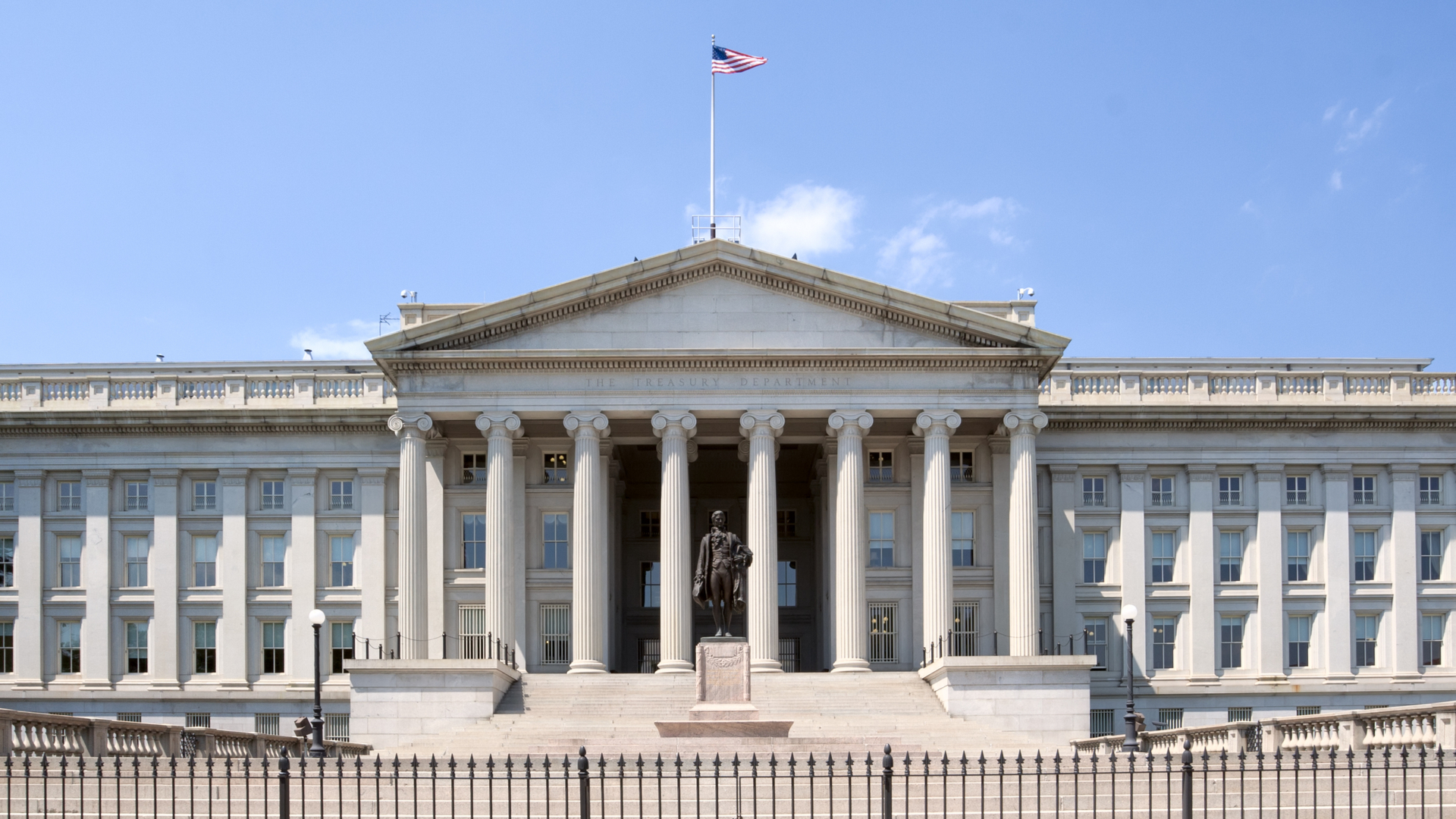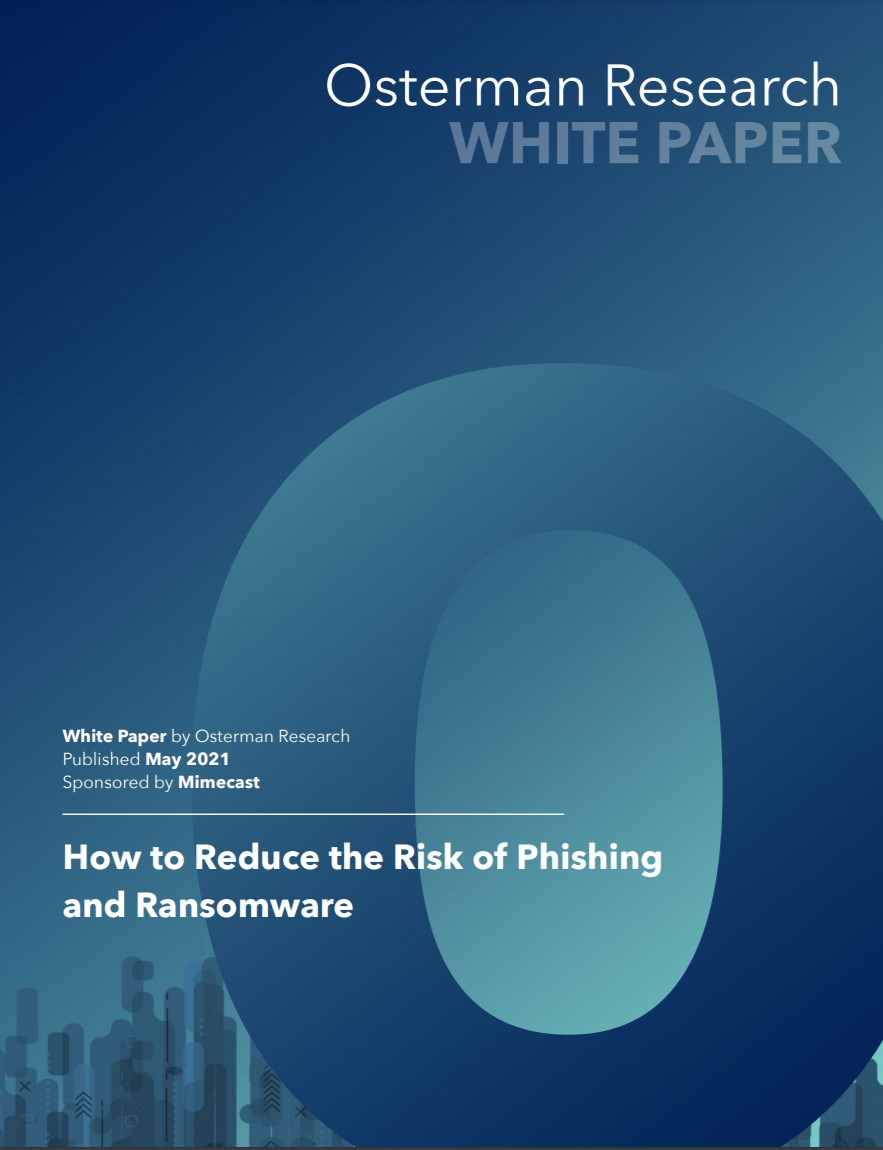US Treasury sanctions crypto exchange Chatex over ransomware ties
The move comes after the US government sanctioned the Suex exchange in September


The US Treasury Department has moved to sanctioned crypto exchange Chatex for its alleged involvement in ransomware operations.
The move comes after the Treasury sanctioned Suex, another virtual cryptocurrency exchange, back in September alleged role in facilitating financial transactions for ransomware actors.
The Department said that Chatex, which claims to have a presence in multiple countries, “has facilitated transactions for multiple ransomware variants.”
It added that analysis of Chatex’s known transactions indicates that over half are directly traced to illicit or high-risk activities, such as darknet markets, high-risk exchanges, and ransomware.
The Treasury also claimed Chatex has direct ties with Suex, having used its function as a nested exchange to conduct transactions.
“Chatex is being designated pursuant to Executive Order (E.O.) 13694, as amended, for providing material support to Suex and the threat posed by criminal ransomware actors,” it said in a statement.
RELATED RESOURCE

How to reduce the risk of phishing and ransomware
Top security concerns and tips for mitigation
The US government said that such sanctions of exchanges that provide support to ransomware hackers would stop their funding and interrupt operations.
Sign up today and you will receive a free copy of our Future Focus 2025 report - the leading guidance on AI, cybersecurity and other IT challenges as per 700+ senior executives
"Unprincipled virtual currency exchanges like Chatex are critical to the profitability of ransomware activities, especially by laundering and cashing out the proceeds for criminals," the Treasury added.
"Treasury will continue to use all available authorities to disrupt malicious cyber actors, block ill-gotten criminal proceeds, and deter additional actions against the American people."
Deputy Secretary of the Treasury Wally Adeyemo said that ransomware groups and criminal organizations have targeted American businesses and public institutions of all sizes and across sectors, “seeking to undermine the backbone of our economy.”
“We will continue to bring to bear all of the authorities at Treasury’s disposal to disrupt, deter, and prevent future threats to the economy of the United States. This is a top priority for the Biden Administration.”
The Office of Foreign Assets Control has also designated Ukrainian Yaroslav Vasinskyi (Vasinskyi) and Russian Yevgeniy Polyanin (Polyanin) for their part in perpetuating Sodinokibi/REvil ransomware incidents against the US.
Vasinskyi deployed ransomware against at least nine U.S. companies, according to the US government. Vasinskyi is also responsible for the July 2021 ransomware activity against Kaseya, which caused significant disruptions to the computer networks of Kaseya’s customer base. Polyanin also deployed ransomware, targeting several US government entities and private-sector companies.
“These two individuals are part of a cybercriminal group that has engaged in ransomware activities and received more than $200 million in ransom payments paid in Bitcoin and Monero,” the government said in a statement.
Rene Millman is a freelance writer and broadcaster who covers cybersecurity, AI, IoT, and the cloud. He also works as a contributing analyst at GigaOm and has previously worked as an analyst for Gartner covering the infrastructure market. He has made numerous television appearances to give his views and expertise on technology trends and companies that affect and shape our lives. You can follow Rene Millman on Twitter.
-
 Will autonomous robotics leap forward in 2026?
Will autonomous robotics leap forward in 2026?In-depth Connectivity and cost benefits remain barriers, despite breakthroughs in physical AI
-
 AWS and NTT Data team up to drive legacy IT modernization in Europe
AWS and NTT Data team up to drive legacy IT modernization in EuropeNews Partnership between AWS and NTT DATA aims to boost AWS European Sovereign Cloud capabilities
-
 Everything we know so far about the Nike data breach
Everything we know so far about the Nike data breachNews Hackers behind the WorldLeaks ransomware group claim to have accessed sensitive corporate data
-
 There’s a dangerous new ransomware variant on the block – and cyber experts warn it’s flying under the radar
There’s a dangerous new ransomware variant on the block – and cyber experts warn it’s flying under the radarNews The new DeadLock ransomware family is taking off in the wild, researchers warn
-
 Hacker offering US engineering firm data online after alleged breach
Hacker offering US engineering firm data online after alleged breachNews Data relating to Tampa Electric Company, Duke Energy Florida, and American Electric Power was allegedly stolen
-
 Cybersecurity experts face 20 years in prison following ransomware campaign
Cybersecurity experts face 20 years in prison following ransomware campaignTwo men used their tech expertise to carry out ALPHV BlackCat ransomware attacks
-
 15-year-old revealed as key player in Scattered LAPSUS$ Hunters
15-year-old revealed as key player in Scattered LAPSUS$ HuntersNews 'Rey' says he's trying to leave Scattered LAPSUS$ Hunters and is prepared to cooperate with law enforcement
-
 The Scattered Lapsus$ Hunters group is targeting Zendesk customers – here’s what you need to know
The Scattered Lapsus$ Hunters group is targeting Zendesk customers – here’s what you need to knowNews The group appears to be infecting support and help-desk personnel with remote access trojans and other forms of malware
-
 Impact of Asahi cyber attack laid bare as company confirms 1.5 million customers exposed
Impact of Asahi cyber attack laid bare as company confirms 1.5 million customers exposedNews No ransom has been paid, said president and group CEO Atsushi Katsuki, and the company is restoring its systems
-
 The US, UK, and Australia just imposed sanctions on a Russian cyber crime group – 'we are exposing their dark networks and going after those responsible'
The US, UK, and Australia just imposed sanctions on a Russian cyber crime group – 'we are exposing their dark networks and going after those responsible'News Media Land offers 'bulletproof' hosting services used for ransomware and DDoS attacks around the world
